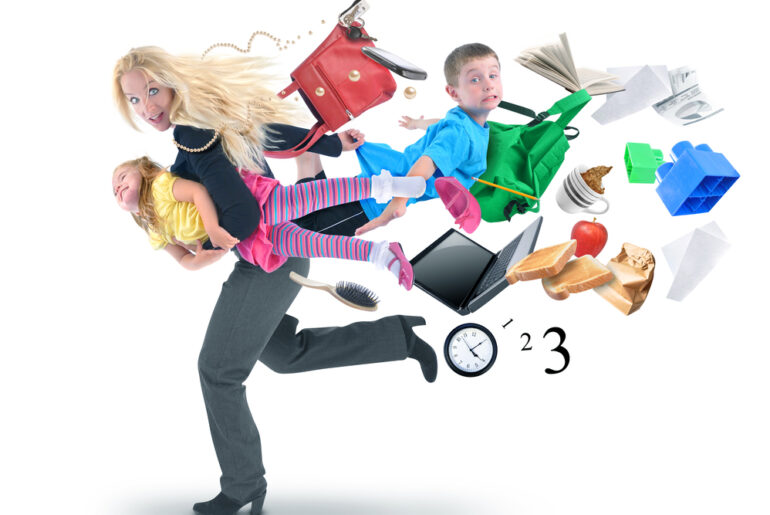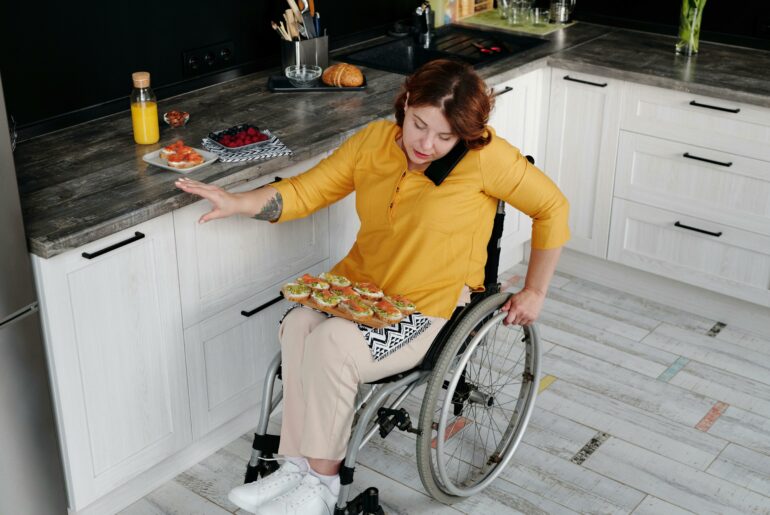MMM responds to EU consultation on access to social protection
15.01.18
European Commission - Self-employed workers and groups of workers in new forms of atypical employment do not have sufficient access to or are excluded from social protection. MMM has participated to convey the needs of mothers.

In many Member States there are groups of employed people, particularly in new forms of non-standard employment (work other than full time, open-ended employment) and self- employed, who are left without sufficient effective access to social protection benefits and employment services or are even excluded. It is estimated that up to 50% of these people who are left without sufficient access to social protection benefits (ex: unemployment benefits, sickness benefits, maternity leave, disability benefits, pensions, etc.) and employment services (ex: training, career counselling).
A public consultation on ‘Access to social protection in the framework of the European Pillar for Social rights initiative was included in the Commission’s Work Programme for 2017 as a response to deal with these concerns. MMM has participated to convey the needs of mothers which prefer to have employee status as opposed to self-employment precisely due to the insufficient access to social protection benefits and services. We also highlighted the need to legally recognize unpaid family care work as being a particular category of work giving access to social protection to caregivers who are mainly mothers.
The purpose of the consultation is to gather further views of interested stakeholders on the challenges, options, impacts and the development and implementation of a range of possible tools at EU-level that could be used in the design of an initiative at EU level.
Envisioning care as a common thread to global crises
29.07.24
UN New York - Our virtual HLPF side-event brought together experts to shed light on how the various global crises we face (in particular climate change and other environmental crises,
We call for multi-stakeholder approach to recognise and support unpaid care work
21.07.24
UN New York - Participating in the meeting of the UN Economic and Social Council (ECOSOC) on care and support systems, MMM reaffirmed the principle of co-responsibility, which should underpin
The New EU Gender Equality Roadmap : A Call for Inclusion of Mothers
04.03.25
The European Commission’s initiative on a new Gender Equality Roadmap post-2025, marks a significant step forward in addressing gender disparities across the European Union. Make Mothers Matter (MMM







